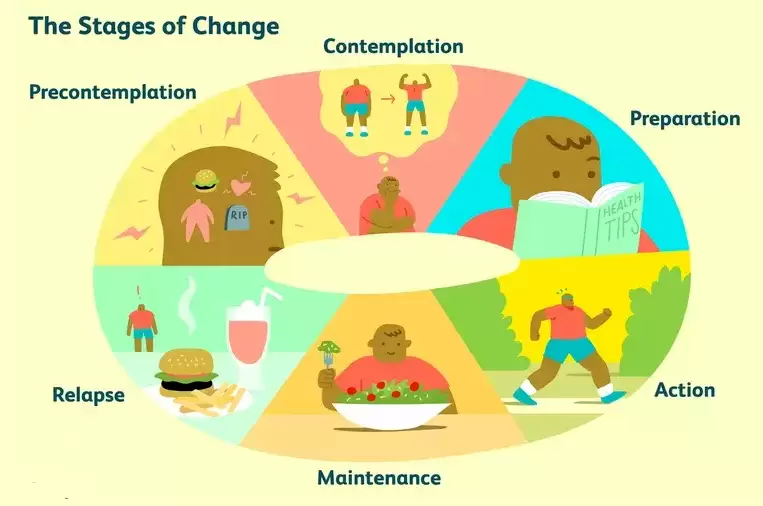UNDERSTAND THEIR PAST EXPERIENCES
– Stop playing biting games (nibbling on toes, blowing raspberries on tummy) if it seems to be confusing the child.
– look for patterns in terms of time of day, location, etc, for injuries and incidents.
GET PROFESSIONAL HELP FOR YOUR RELATIONSHIP (Iif needed)
– There is no shame in acknowledging troubles if it makes life better for your children. Raised voices and out of control actions frighten and confuse kids.
– Avoid arguing with other family members in the presence of children. Find private times to discuss volatile issues
DON’T DISAPPEAR FROM HOUSE
– Children can become frightened if adults disappear unexpectedly
FOREWARN OF CHANGES
– Discuss any significant upcoming changes to their daily routines a few days ahead of time. Bring it up at a time when you are not rushed or stressed or on the run. Use active listening to respond while staying optimistic about the outcome. (“I know that is not what you are used to, and it feels confusing to you, but everything will be all right.”)
CONNECT WITH CHILD DURING ABSENCES
– use a calendar to count down the days until “loved” one is home. Talk by phone or internet regularly
– Before absence record some audio tapes of yourself reading stories to your child. At the appropriate time say “now turn the page”
TAKE TIME WITH GRIEF AND REFLECTION
– Children often believe that the loved one will come back to them eventually. Help them to understand the permanence of the situation by commenting on the finality of other things that have died, when you see that happen in your daily life. Say, “Looks like the flowers have finished blooming and are dead now. I’m glad we were able to appreciate them while they were here. Time to put them away now”.
– Use children’s picture books that help deal with the subject in a sensitive way.
CARVE OUT PRIVATE TIME TOGETHER
– Your child may not understand that the new baby is here to stay. Many children truly believe that the baby is visiting and will be returned to the hospital eventually. Your older child needs to be reassured of your love for him in very concrete ways. Let him do some special household activities with you that only “big kids” can do, such as mixing up pancakes, pouring the orange juice, dusting the coffee table, etc.
PROVIDE OUTLETS FOR INTENSE FEELINGS
– Steer an upset child toward activities that can help her work out her feelings in a physical yet constructive way. Provide play dough, clay, plastic bats, paints with big brushes, or shovels for digging, so children can channel that energy in an appropriate way.
USE ACTIVE LISTENING
Use active listening to paraphrase feelings that a child exhibits. For example, “You seem worried about someone taking your blanket. Is that right?”

